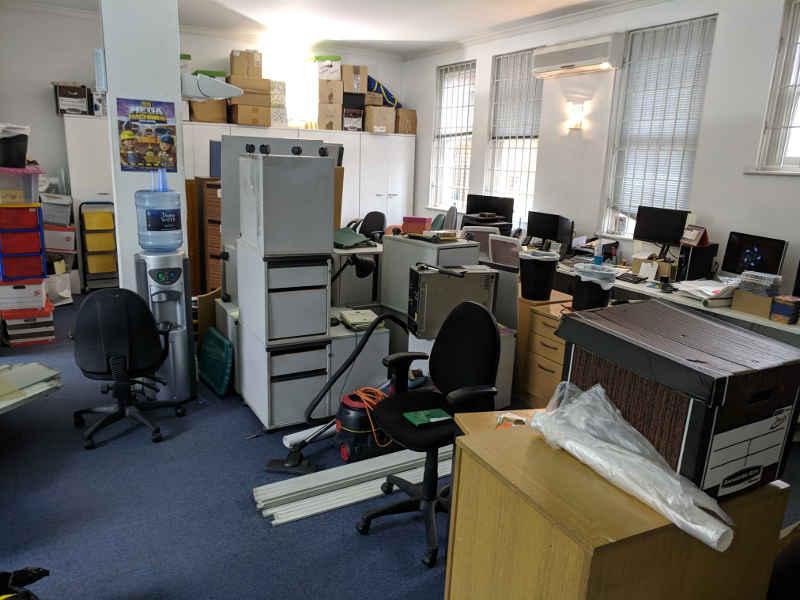The question that everyone is asking themselves is sometimes how to get rid of old electronic devices? Where to throw away electronic items that are no longer useful or irreparably damaged? All these things are called electronic waste or simply e-waste.
The fastest growing waste problem is e-waste. People around the globe are generating around 50 million tons of it every year. It is the same as throwing out 1000 laptops every second. This huge amount of waste is very toxic to our environment. Electronic waste contains harmful materials such as lead, cadmium, chromium, toxic fumes, which tends to be toxic especially when they leak into soil, water, and air, affecting both animals and plants. Electronic waste is a big problem for the environment.
We all use electronic items on a daily basis. Here are some examples of electronics almost everyone is using starting with mobile phones, televisions, laptops, printers, lamps, electronic tools, air conditioners, washing machines, fridges, game consoles, etc.
What to do once you don’t need your electronic item? You can recycle it or dispose. It all depend on the type of e-waste you have. For example, if you have an old mobile phone that is still functioning, you can recycle it, but if you have a broken fridge that reached the end of its life you opt for disposing.
Few useful tips when disposing and recycling electronic devices
Taking electronics to the waste and recycling centre Start from searching for e-waste recycling centre in your area. Once you have collected a couple of items take it there or if the items are too big you can always hire a house clearance company which can do it for you. Professional company with proper van and equipment needed to remove your e-waste is a good idea in that situation. If you live in London and need help contact with House and Office Clearance Ltd. House clearance companies are providing services like waste disposal and recycling. They are also offering office clearance service if you ever need to dispose of some old printers, computers or projectors. They will happily do the job for you.
Sending back electronic devices
Many companies that sell electronic items have an exchange policy. You can send them back your old electronics, and buy a new one often with discount. Some shops provide recycling services you could use for old mobile phones, tablets, laptops. Simply take your items to them, and they will do the rest.
Selling or donating outdated electronic items
You can give away or sell devices you no longer use. In that way you don’t add to already massive e-waste. Selling items on websites or in electronic shops is a great way of getting rid of unwanted devices. Other fantastic idea is to donate your items to charity shops or to organizations that help people in need. Before give or sell always make sure you clear the device of any personal data it may hold.
Use Cloud for storing data
Cloud services are a perfect way to store all your important data online, and you don’t have to carry storage devices. Online cloud storage is reducing the need for producing more and more storage devices which is minimizing e-waste and helps to reduce carbon footprint. Borrow electronics instead of buying Another great idea if you want to minimize your e-waste is to rent devices. For example, if you need a projector for your company a couple of times per year consider renting it. It is an environmentally friendly option, and doesn’t cost you as much as a new item.
Look after your electronics
Simply by looking after your devices you are reducing e-waste and saving yourself money you would have to spend on new items. Keep electronics properly stored at appropriate temperature as some devices may be sensitive to a cold or dry environment.
Not to landfill
Landfills are the most popular form of waste disposal, but it is not always a good solution. E-waste contains toxic chemicals which are affecting the environment.
Hopefully this tips will help you in the future with recycling your electronics.












No Comments